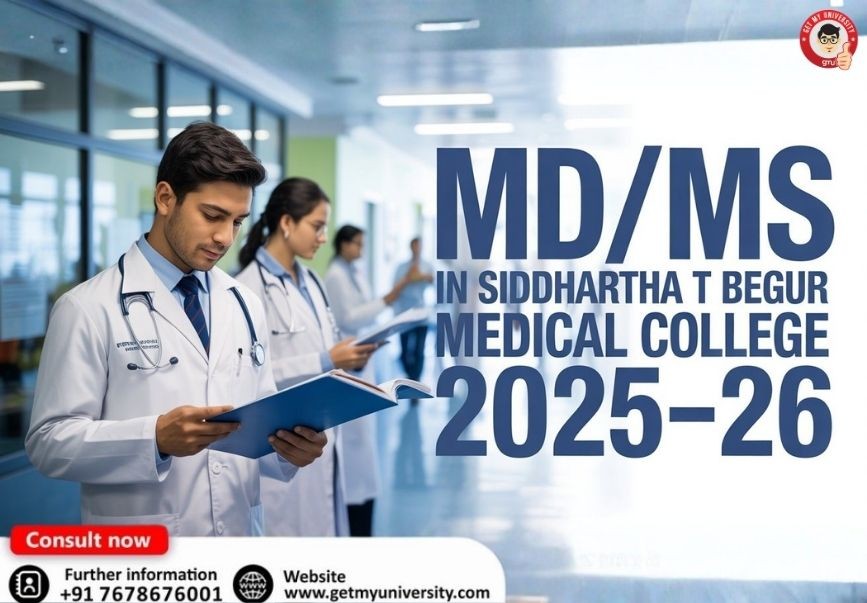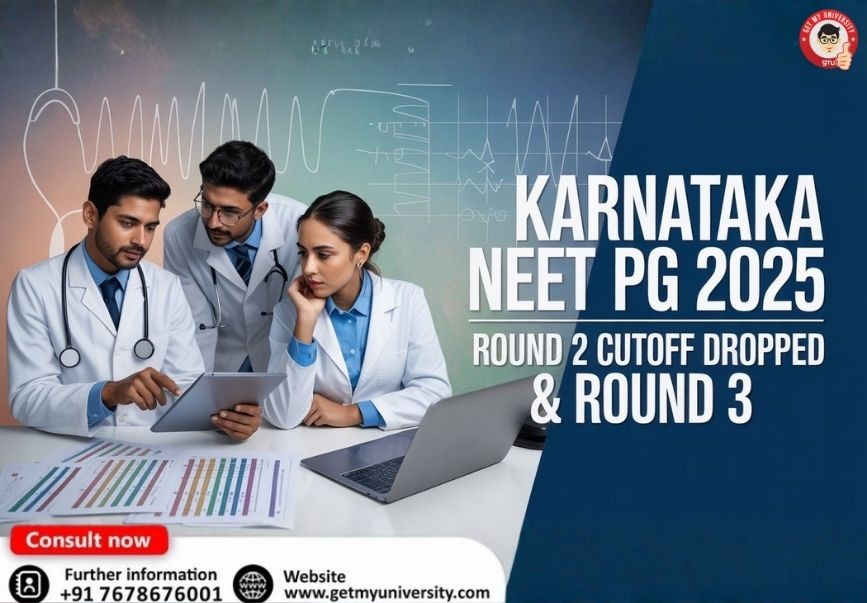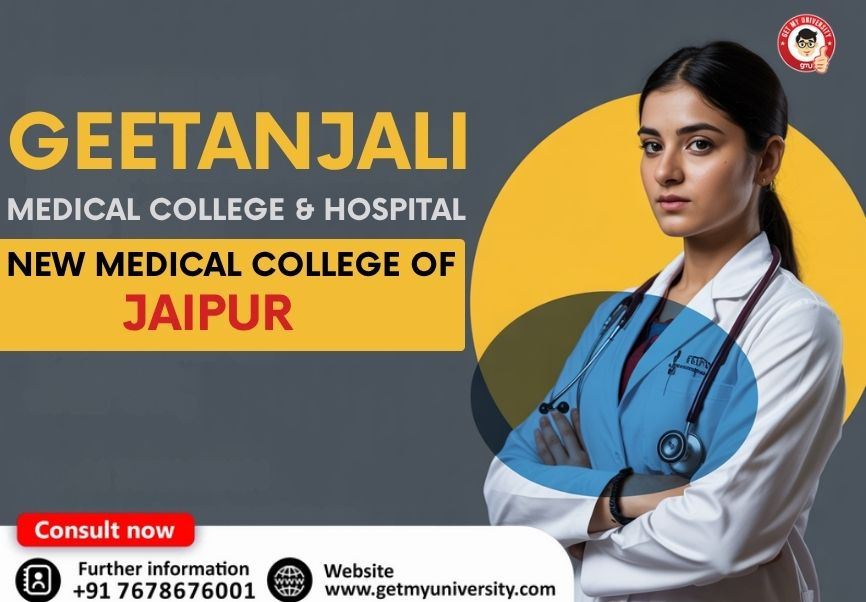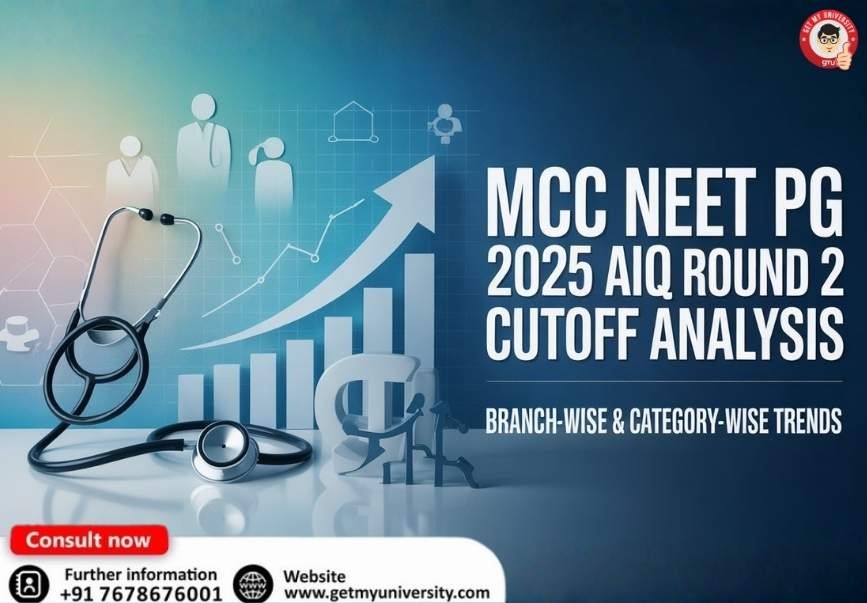Planning your MBBS journey for 2025?
When it comes to pursuing an MBBS in India, students often face the dilemma of choosing between deemed universities and private medical colleges. While both types of institutions fall under the private category and require NEET qualification, they differ significantly in terms of academic structure, governance, cost, autonomy, and overall experience. Understanding these differences is critical for making an informed decision that aligns with a student’s academic goals, budget, and long-term career aspirations.
Deemed universities are institutions that have been granted the status of a university by the University Grants Commission (UGC). This status gives them complete autonomy over their curriculum design, assessment methodology, fee structure, research initiatives, and administrative policies. These institutions are not affiliated with any state university, which allows them to introduce modern academic practices, multidisciplinary learning, and global standards. Deemed universities conduct their own MBBS programs and award degrees under their name. This level of flexibility often leads to better infrastructure, innovative pedagogy, and access to advanced facilities. However, it also comes with a significantly higher cost of education, often ranging between INR 15 to INR 30 lakhs per year for MBBS programs.
On the other hand, private medical colleges are affiliated with a state medical university and are governed by the regulations set by the affiliating university and the National Medical Commission (NMC). These colleges typically offer MBBS degrees under the name of the affiliating university and follow a standardized curriculum. Their fee structures are usually more regulated and may be subject to state fee committees. Private colleges may offer better affordability for students seeking quality education within a moderate budget, especially through state domicile quotas.
While deemed universities are often perceived as premium institutions, not all of them guarantee superior education. Likewise, many private colleges with strong hospital tie-ups and faculty may provide equal or better clinical exposure than lesser known deemed universities. Therefore, the label alone should not determine a student's choice.
From a career perspective, both degrees are equally valid for licensing exams, postgraduate entrance tests like NEET-PG, and international opportunities, provided the institution is recognized by the NMC.
In conclusion, the decision between a deemed university and a private medical college should be based on multiple factors: fee capacity, NEET rank, academic preferences, and long-term career goals. A careful evaluation of specific colleges, rather than general categorization, is the key to making the right choice for MBBS in 2025.
What Is a Private Medical College?
A private medical college is typically affiliated with a state or national university and offers MBBS and postgraduate courses under the affiliation. These colleges follow the National Medical Commission (NMC) norms but have limited autonomy in fee structure, curriculum updates, or academic innovations.
Key Features:
- Privately owned—run by trusts, societies, or individuals
- Affiliated degrees—not autonomous
- Moderately high faculty quality
- Fee structure dictated by state or national tuition committees
What Is a Deemed Medical University?
A deemed medical university is an institution granted university status by the University Grants Commission (UGC). It has autonomous control over academics, administration, and financial policies, including fees, curriculum design, research focus, and assessments.
Key Features:
- Autonomous university status
- Award their own degrees
- Flexible academics and innovation-friendly
- Higher faculty standards—less regulated hiring
Deemed University V/s Private Medical College
| Feature | Deemed University | Private Medical College |
| Ownership | Autonomous via UGC | Affiliated to another university |
| Degree Awarded | Self-awarded by university | Affiliated university’s degree |
| Academic Autonomy | High (curriculum, assessment, research) | Limited by affiliating body |
| Fee Structure | Higher (~INR 15–30 lakh/year) | Relatively lower (~INR 10–20 lakh/year) |
| Faculty Quality | Generally stronger | Moderate |
| Transparency | Variable—depends on institution | Regulated by state fee committees |
| Admission Process | Own + MCC deemed counselling | MCC AIQ + state/regional quota counselling |
Myths vs Real Facts
Myth 1: All deemed universities are better than private colleges
Fact: While autonomy allows innovation, quality varies, and isn’t guaranteed by status. Some private colleges provide equally strong education and infrastructure.
Myth 2: Higher fees mean better education
Fact: High fees do not guarantee clinical exposure or faculty quality. Check infrastructure, patient flow, and teaching culture.
Myth 3: Deemed universities rank higher
Fact: Ranking is independent of type. Some private colleges match or outperform lesser-known deemed universities.
Myth 4: Preference in PG admissions
Fact: MBBS certification is equal under NMC. PG seat allotment and residency depend on NEET-PG scores—not the type of college.
Fee & Cutoff Comparison
- Deemed Universities: INR 15–30 lakh/year MBBS; NEET cutoffs often 500+
- Private Colleges: INR 10–20 lakh/year; cutoffs range 350–550 depending on state and reputation
Admission through deemed universities typically demands higher rank due to intense competition and centralized vacancies.
Admission Process Overview
Deemed University MBBS Admission Process 2025-26
- Clear NEET-UG
- Participate in MCC Deemed Counselling
- University-specific spot rounds
- Seat deposit and document verification
Private Medical College MBBS Admission Process 2025-26
- Clear NEET-UG
- Seek MCC AIQ seat or state counselling
- Fill private college preferences
- Submit documents and fees
Real-World Insights from Students
After enrolling in a deemed medical college, one student commented:
> “Deemed colleges don’t have much patient flow, but it depends on how dedicated you are.”
Motivation and discipline determine your learning, regardless of college type.
Another explained seat types:
> “Management quota is merit-based with INR 15-20 lakh/year; NRI is INR 60-70 lakh/year.”
About half of private institutional seats fall under management or NRI quotas.
Best Choice: Deemed University or Private College?
Choose Deemed University If:
- You seek academic flexibility and modern intakes
- You have a strong NEET rank (500+) and can invest in higher fees
- You are interested in research-driven learning environments
Choose Private College If:
- Budget limitations are a priority
- You want potential state quota access (lower fees)
- You prefer a more traditional, structured MBBS path
Key Considerations for Decision Making
- Total cost including tuition, hostel, and extras
- Quality of hospital infrastructure and patient exposure
- Faculty credentials and teaching reputation
- Institution’s recognition by NMC and UGC
- Flexibility to pursue research, abroad options, or academic leadership
- PG prospects and alumni network strength













.jpg-74556.jpg)


